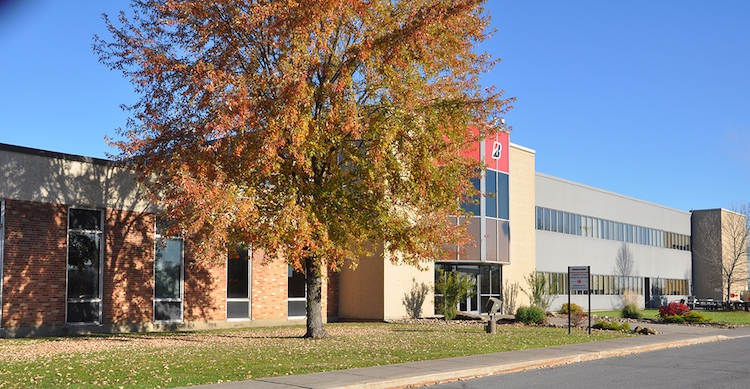
Bridgestone pumps up to $300M into Joliette plant expansion
February 26, 2016
By Manufacturing AUTOMATION

Feb. 26, 2016 – Bridgestone Canada Inc. (Bridgestone) today announced that it is expanding its Canadian passenger and light truck tire manufacturing facility in Joliette, Que., as part of a five-year investment that could total upwards of C$300 million.
The multi-phase expansion of the facility is expected to break ground this year, and will help the plant produce larger diameter tires that fit today’s pickup trucks and SUVs, as well as “increase productivity and enhance the plant’s global competitive position,” it says.
According to Bridgestone, the overall project will help increase plant capacity by 3,000 tires per day to bring daily production to 20,000 tires per day by 2023.
“Our investment in updated equipment and improved manufacturing processes reflects our ongoing commitment to identifying new, cost-effective and innovative ways to serve consumers, dealers and original equipment manufacturers,” said Robert Verreault, Joliette plant manager. “Canada continues to represent an important market for our company, and this investment represents a tremendous opportunity for Bridgestone, Joliette, the Lanaudiere region and the North American markets by enhancing the long-term viability of this facility.”
One of the group’s most environmentally sustainable plants, the Joliette facility produced its 150 millionth tire in 2014. This significant investment comes as the facility celebrates its 50th anniversary this year.
The plant team has achieved a number of awards, including the Productivity Improvement Award and Business of the Year Award by the Federation of the Chamber of Commerce of Quebec, Grande Mention at the Grand Prix Quebecois de la Qualite from the Government of Quebec, Silver Award for Quality at the Canada Awards for Excellence, and Recyc-Quebec Certification – Gold Level 3 certification given by the Government of Quebec to companies that recycle more than 90 per cent of their waste.
Advertisement
- Guilty pleas from 2 companies, exec., who sold mislabelled cheese
- Three Ontario universities receive $35M in funding to create manufacturing consortium